The Great Social Media Addiction
An Investigation
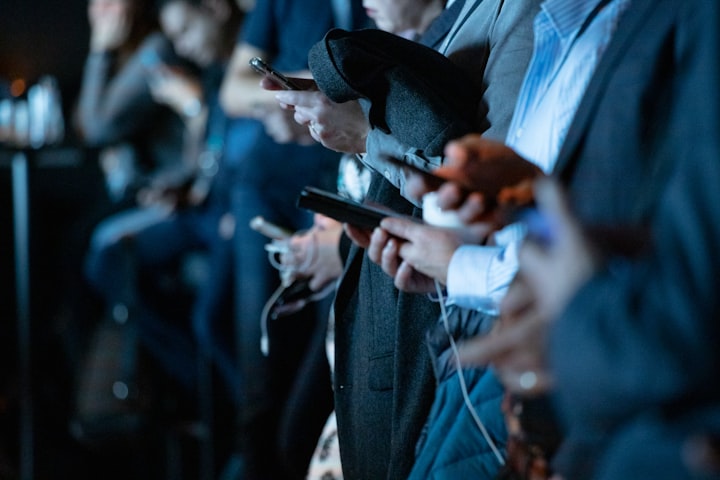
We all know that social media is addictive and we have probably seen the argument a million times over. But what happens when an entire sub-society is created from addiction? Is this safe? Is this healthy? But most importantly, how is this being sustained?
I do not think that you will be pleasantly surprised with some of my findings. I am not saying that my findings are absolute truths, they are simply things I have come across in my week or so of researching said topic.
The first question we need to answer is the 'how'. It is the most important question when looking at the way in which the sub-society has been sustained. How is it being sustained to the point that it has pretty much shut down on some ocassions due to the amount of activity that is on the application?
How is it Being Sustained?
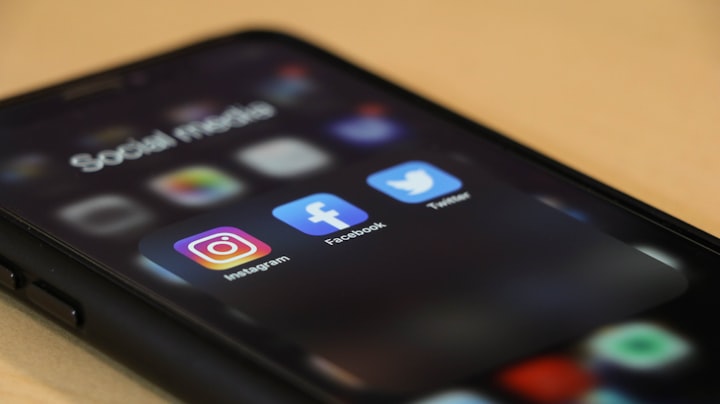
There are multiple ways in which social media is sustaining usage to the point that it has now created its own sub-society and here we will look at three.
The first one is through advertisement and endorsement. The 'influencers' of the site will do just what the title suggests and 'influence' the public opinion on certain products and lifestyle choices. It is not just coincidence that the seemingly unattainable lifestyle choices are may attainable by including the products that they are advertising.
The second one is through engagement. People make friends online and friends want to interact with each other, talking about common interests etc. These can range from politics to movies, from sports to music and literature, arts and sciences. Even people who would not normally make friends in reality can make friends online (this one relates to myself in the best of ways). This helps engagement to keep up.
The third one is performance. To perform a life online in order to gain more interaction has been one of the keys to many people. I watched a Bo Burnham stand-up called "Make Happy" (or along those lines) and he goes through the way in which social media encourages you to perform each aspect of your life on this world stage. And he is completely right in that analogy. Many people see it this way and this too, keeps engagement high since 'missing a day' could mean that you believe that people do not think you are important enough anymore.
Each of these things causes a social media addiction. Whether it be for attention and money in the first sense, engagement and common grounds with others in the second or whether it is the third and seeking out the attention for the lifestyle you feel you are entitled to. Each of these things are addictions. But when do they become dangerous and what actually happens to us when they do?
In most senses, the second and third one do not really become dangerous unless you are put in a position of direct harm online. But, let us take a look at them anyway.
When does this cause harm?

The first one causes obvious harm through the way in which young people, mainly, begin buying the products thinking that they will reach the studio-enhanced lifestyle of these famous 'influencers' they follow. This leads to the feeling of inadequacy when they cannot afford the product or have the product and do not feel the same way. This leads to buying more and more products and therefore, buying is fuelled by this strange requirement to keep themselves from becoming very depressed. It is something that I have personally been staunchly against since they have often caused suicides in young people.
The second one causes harm if you are underage. If underage, you could be talking to a potential person who wishes to do you harm either physically or sexually. This is something that you should either: report to the service provider, or tell the police about. I would heavily suggest that if you are over the age of consent that you seek to protect minors by noticing comments of sexual gain etc. on their profile and reporting them as minors may be unwilling to do it themselves out of fear of being reprimanded.
The third one causes harm causes harm if you gain notoriety simply for posting about your life and therefore, thrive off the attention. This can be harmful to your mental health since you are constantly comparing yourself to others online. Yet, again, this can be very harmful if you are a minor doing this and gain the attention of the wrong kinds of people in which you are put in direct harm's way. You should report this to the provider or, if it is extreme enough as asking for personal details, report it to the police.
Why does it even happen?
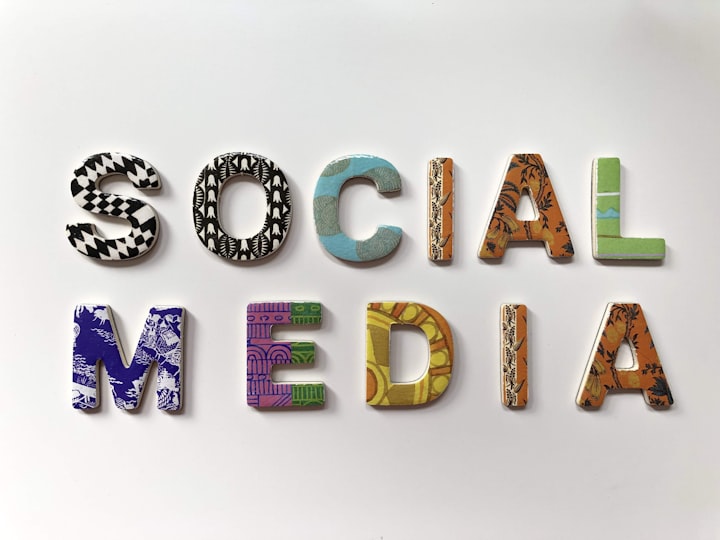
Through the first one, we can see that it happens because of the want to live the same or a similar lifestyle as the person endorsing the product. This creates what has been coined since as 'fast fashion' culture, which I am wholeheartedly against. I happens because of the rote system of endorsement + influence = many people buying said product. Thus, it encourages product buying to the extreme and throwaway culture when things become 'out of style'. Imagine, if you were 16 and followed 25 influencers all advertising different products over the course of 25 weeks. Each product was an item of clothing. You have 25 different items of clothing over 25 weeks and have since, thrown out the items from the beginning. Take this, and put it on a scale of about three or four years and instead of just you, put it on a scale of about 100 million teenagers. It becomes a number that you cannot possibly think of without that equation.
The second one happens for two reasons. The first and most obvious one is because of loneliness. Loneliness encourages people to want to make friends out of fear of being without people in their lives. The next and most obvious reason for this is to create communities in online media that you would not really have in real life. For example: I am a big Bob Dylan fan and in real life, it is difficult if not impossible to find any other Bob Dylan fans. Online though, I have found that many other people are fans of Bob Dylan. But the reason it becomes harmful is that in the first instance, some people can manipulate the feelings of others. If you recognise this happening to you then please, reach out to an organisation concerned with mental health. Or, get a hold of me and I will be glad to help you out.
The third one happens because the person in question does not want to seem 'boring' or 'uncultured' or 'unintelligent'. But in reality, if you are judging someone based on those things then you probably should rethink it yourself instead of projecting it on to someone else. The psychology behind it is that there is nowhere else to turn apart from the online community and that the more followers this person gains, the more they want to engage with them as engagement boosts their likeliness of getting more followers and it becomes a vicious cycle of social media addiction.
Conclusion - What Now?
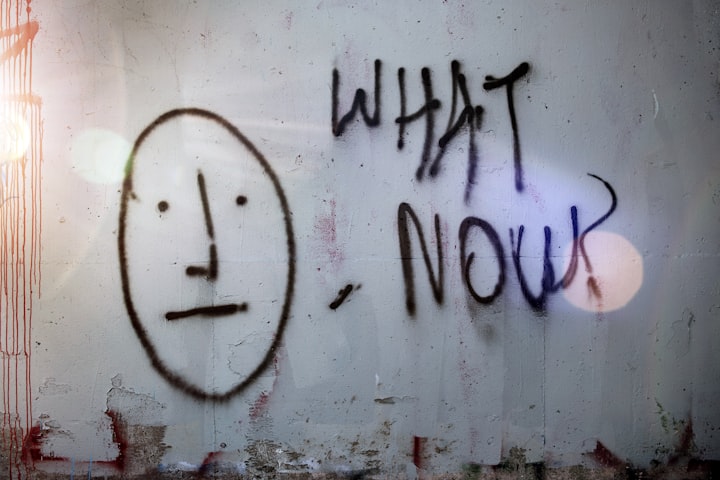
Well, there are some things that we can do to protect ourselves online:
- Make sure that minors feel that it is easy and safe to talk to us whilst also making it easy to report people
- Make sure that the people who are seeking attention are not doing it in order to satisfy someone else and are instead just willing to share through talking about mental health more openly
- Make sure that influencers are not duping teenagers and on the other hand, are not being duped by promises themselves by again, openly discussing how this studio lifestyle is actually completely unattainable.
Otherwise, we can keep spreading the word about how social media is not the real world. Even though it may be a sub-society, it is not society itself hence the prefix 'sub-'. We can make sure that our friends and family are safe online by asking the uncomfortable questions. It could make all the difference in the end.
About the Creator
Annie Kapur
200K+ Reads on Vocal.
English Lecturer
🎓Literature & Writing (B.A)
🎓Film & Writing (M.A)
🎓Secondary English Education (PgDipEd) (QTS)
📍Birmingham, UK


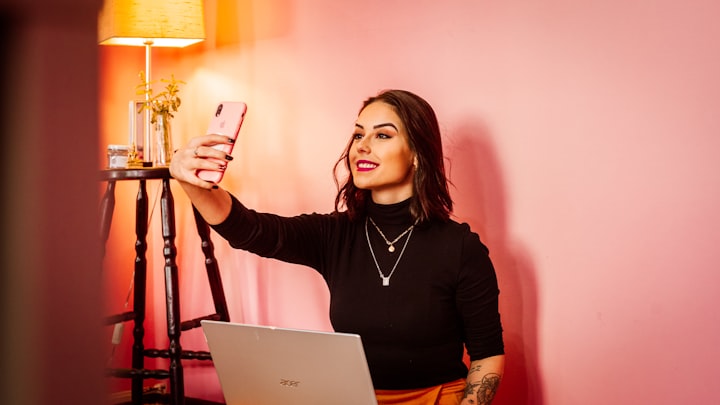



Comments
There are no comments for this story
Be the first to respond and start the conversation.